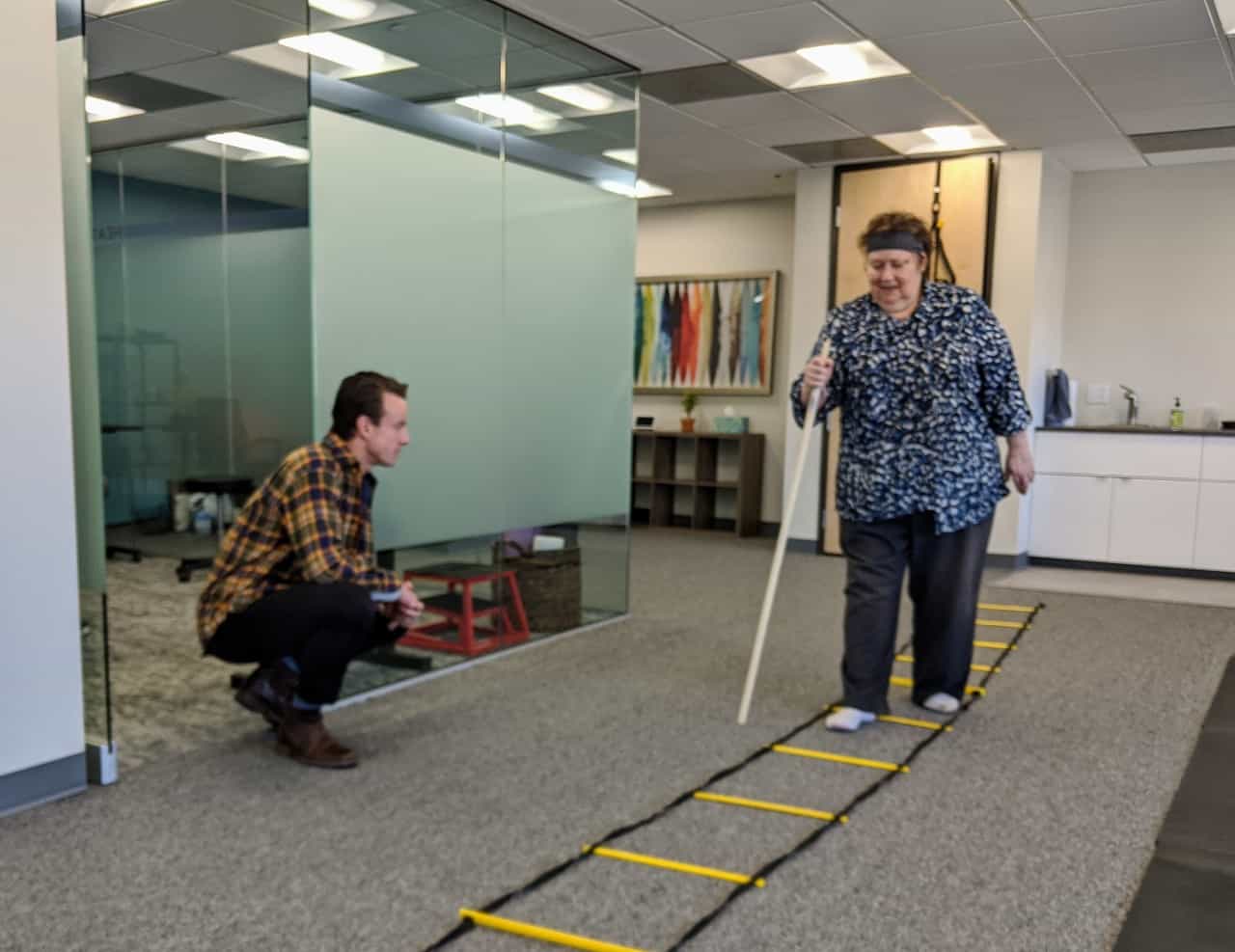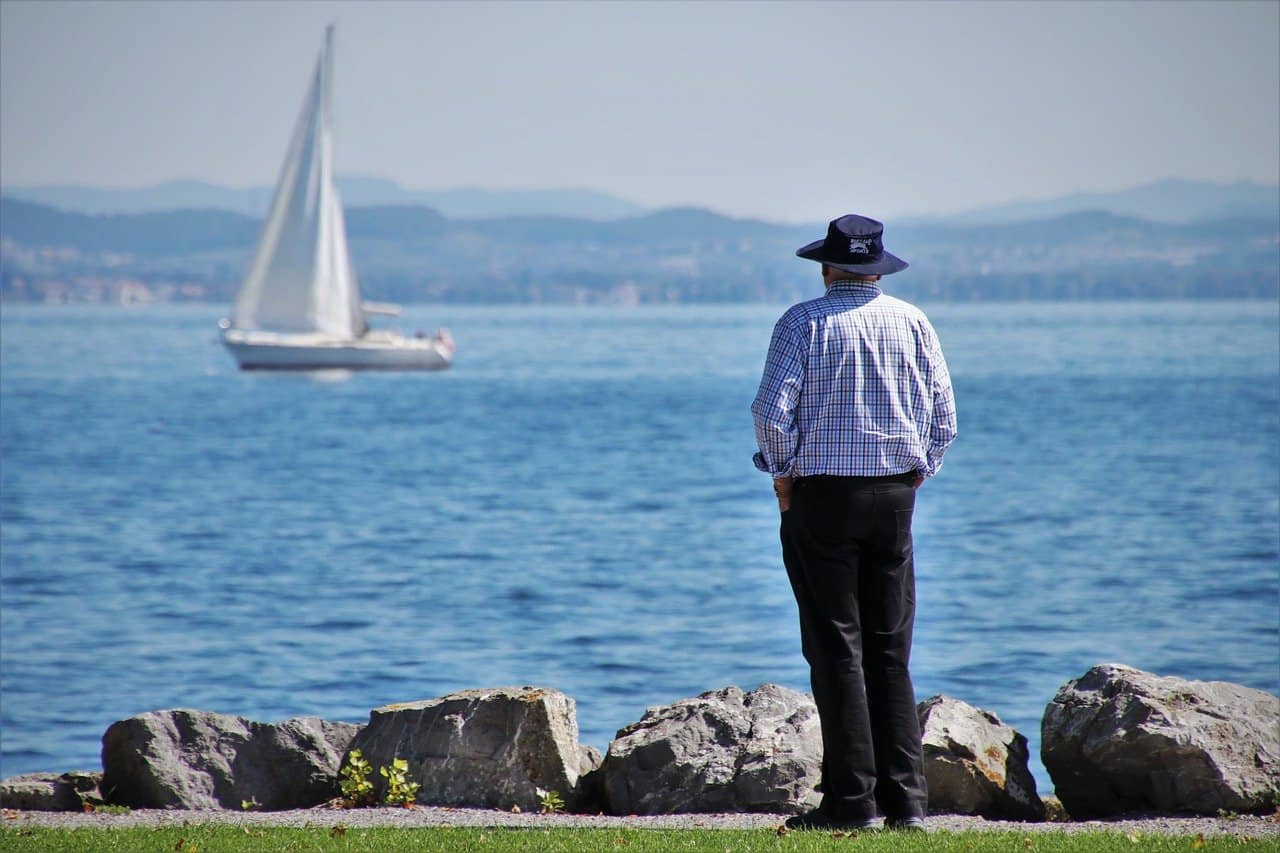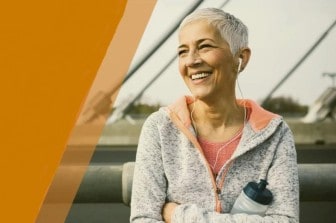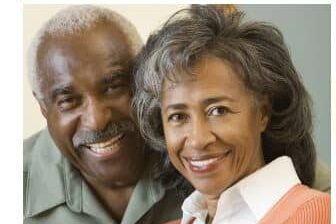Your muscles, bones and joints all work together to help you keep your balance as...
Read More..When You Retire: 3 Things to Think About (Not Money)
We spend our working lives preparing for retirement, establishing savings accounts and IRAs, but not...
Read More..Pelvic Floor Dysfunction Can be Addressed by PT
Many older adults are hesitant to bring up pelvic floor dysfunction with their doctors. After...
Read More..Engaging Mind and Body to Fight the Ugly Truth of Ageism
Fighting ageism in today's world takes a commitment of mind and body. Reject stereotypes about...
Read More..Clear Up Your Confusion about Medicare Benefits: The Complete Guide, Part 1
Medicare can be confusing! To help sort it out, this is Part 1 of Heather...
Read More..Why Sleep Changes When You Get Older (And How to Get Better Rest)
Seniors and sleep often have a complicated relationship, leading older adults to question whether sleep...
Read More..






